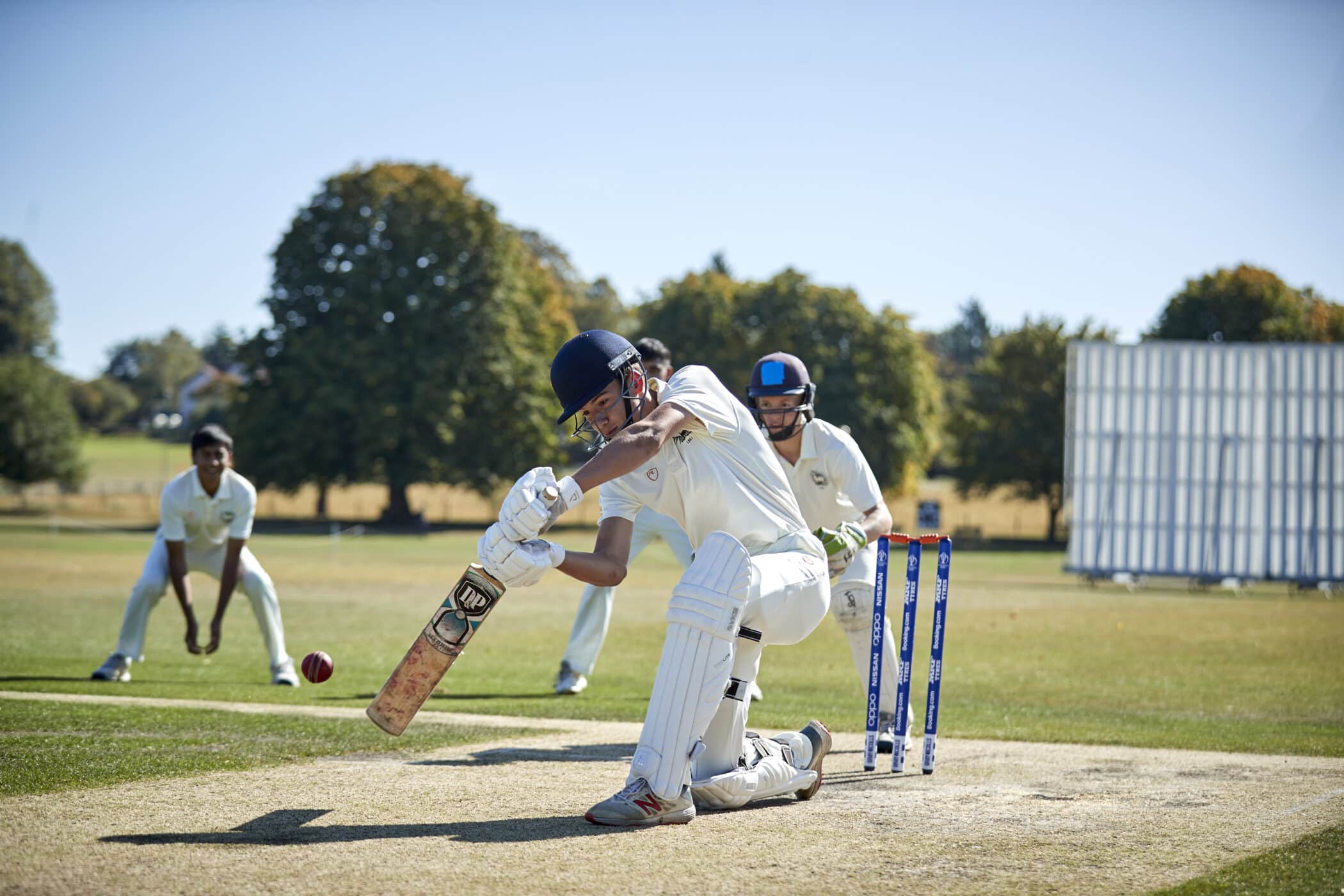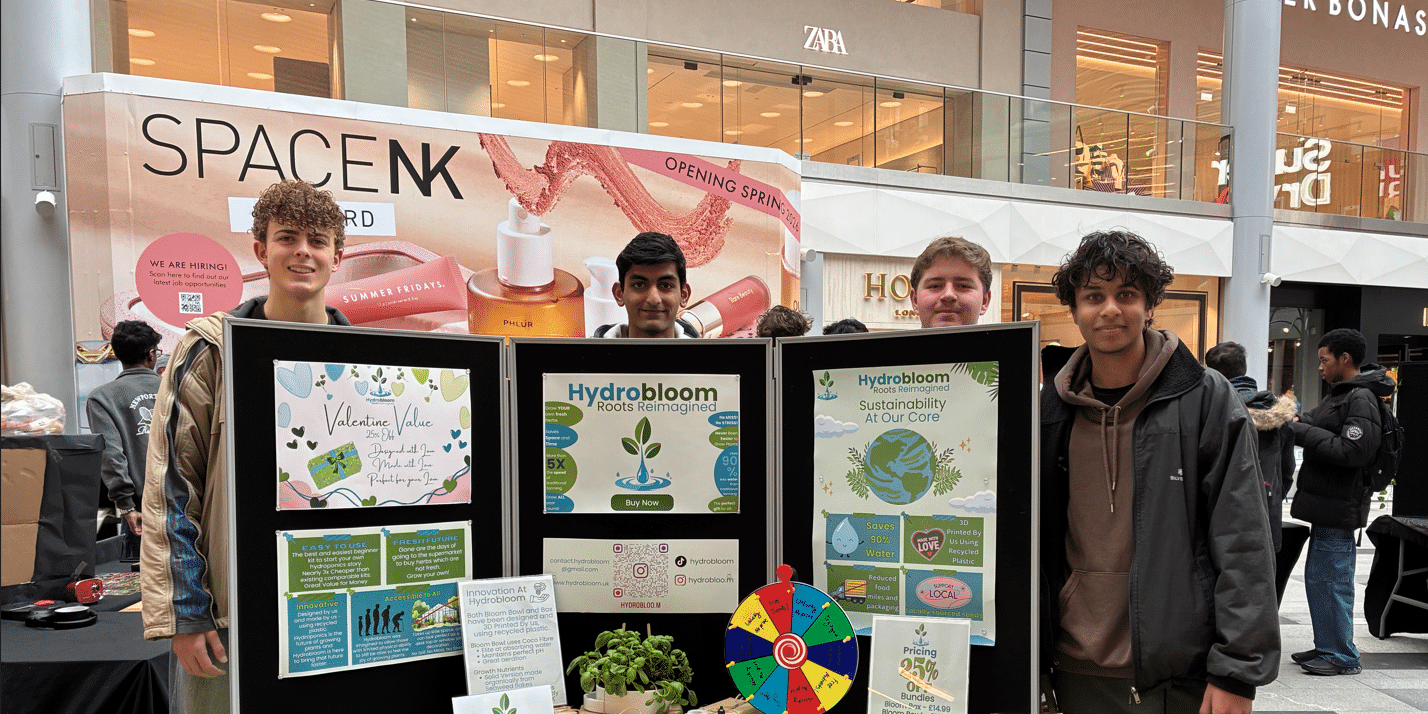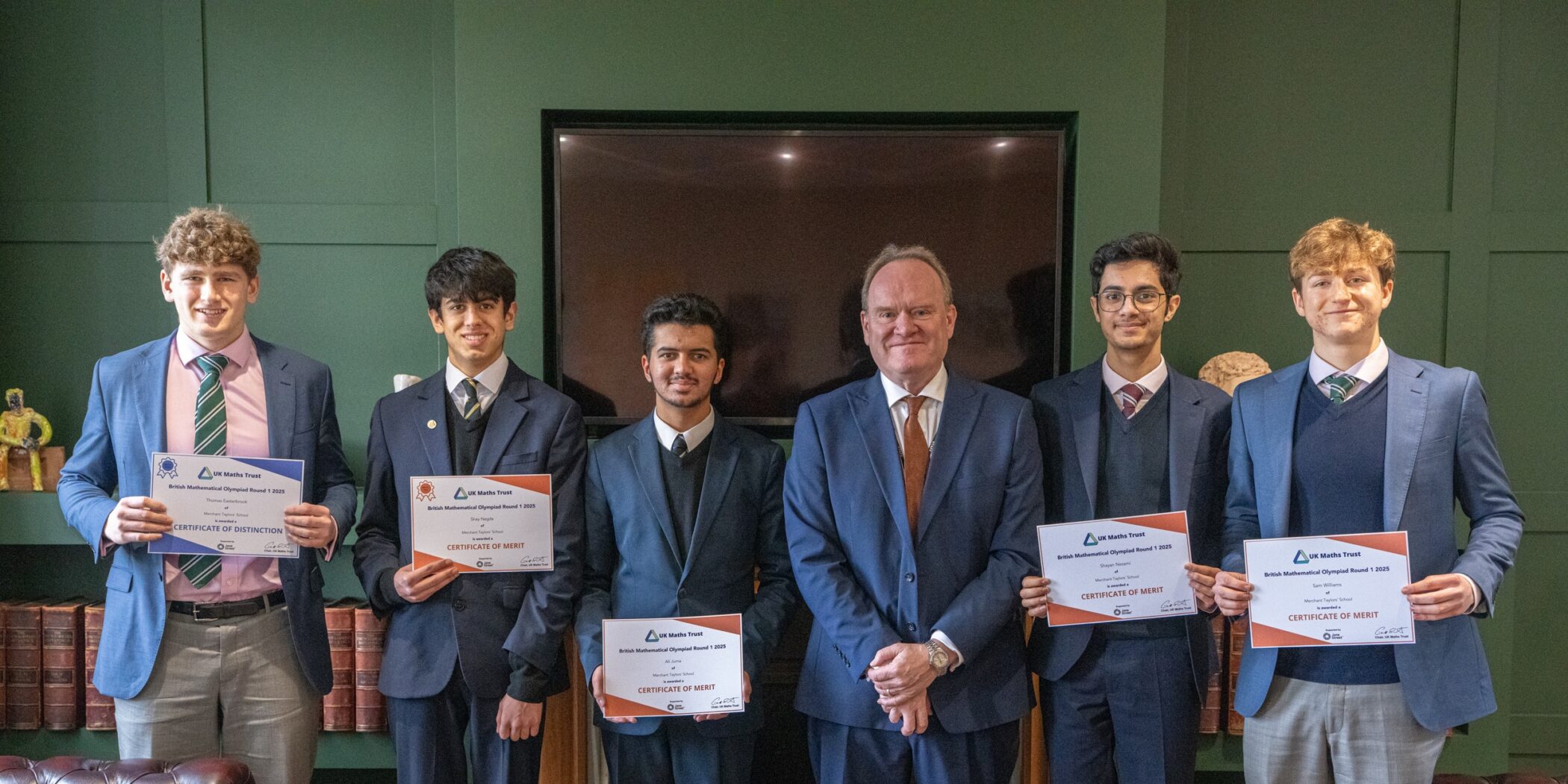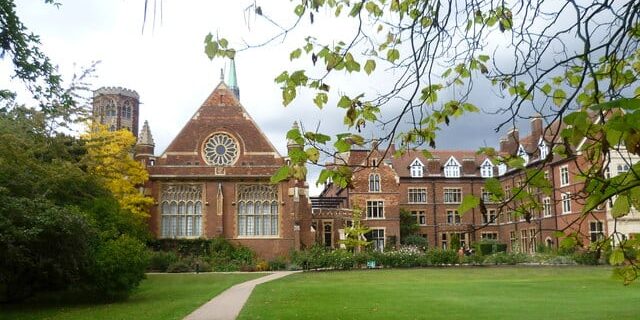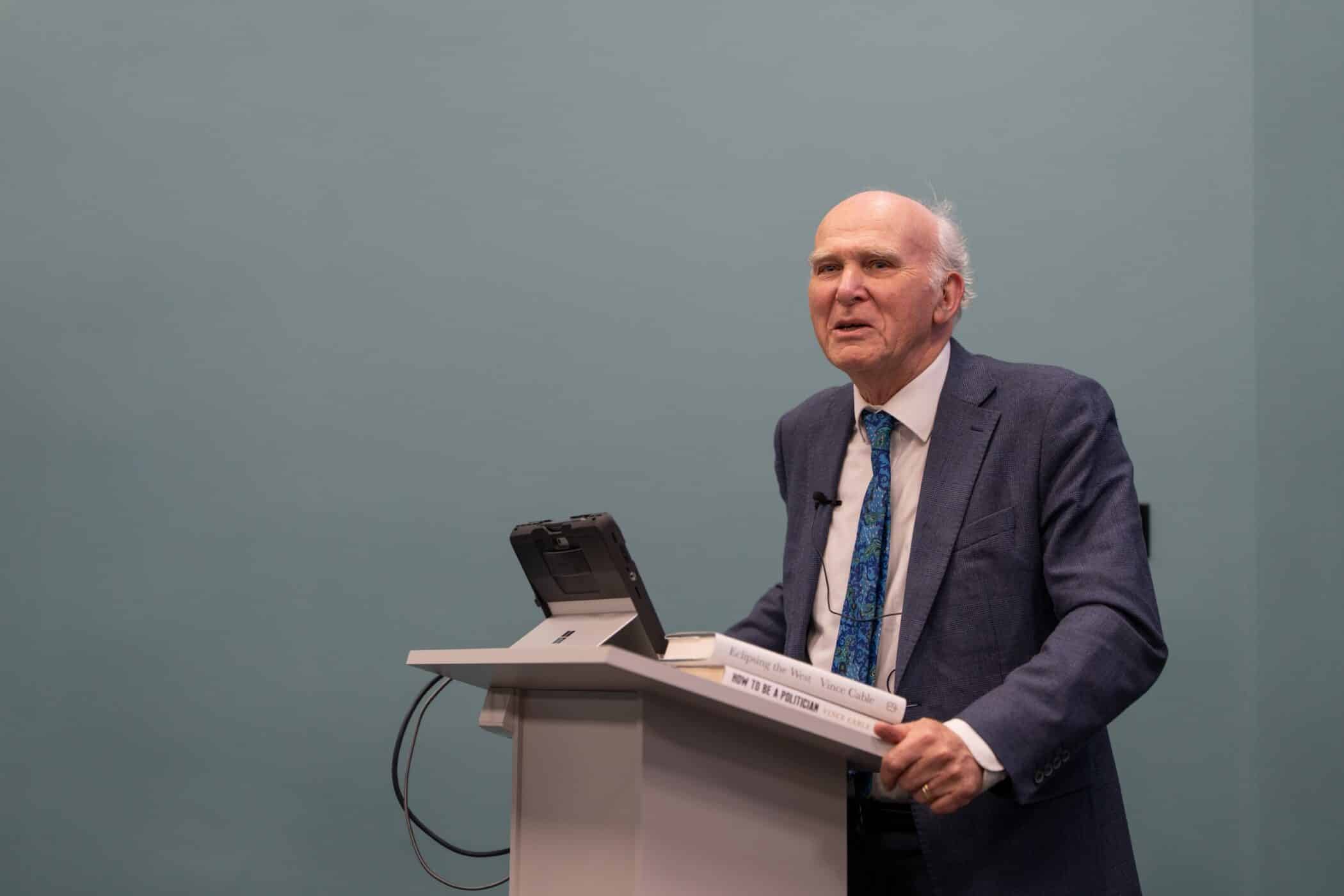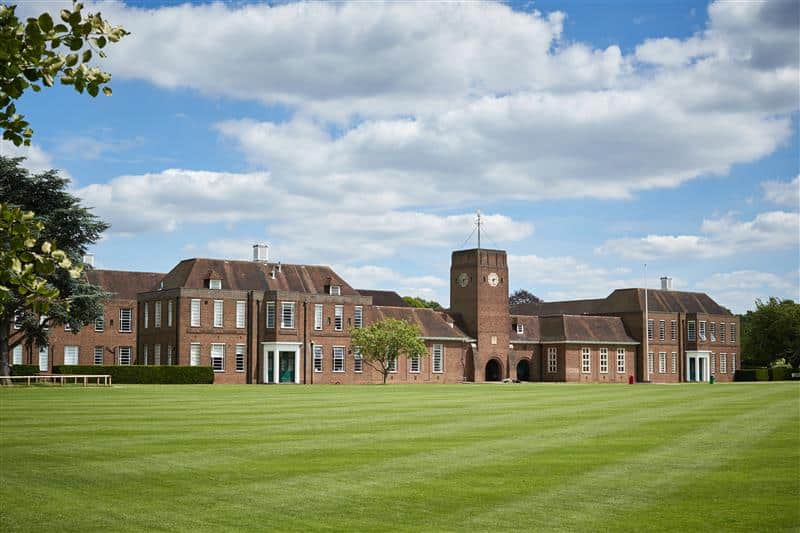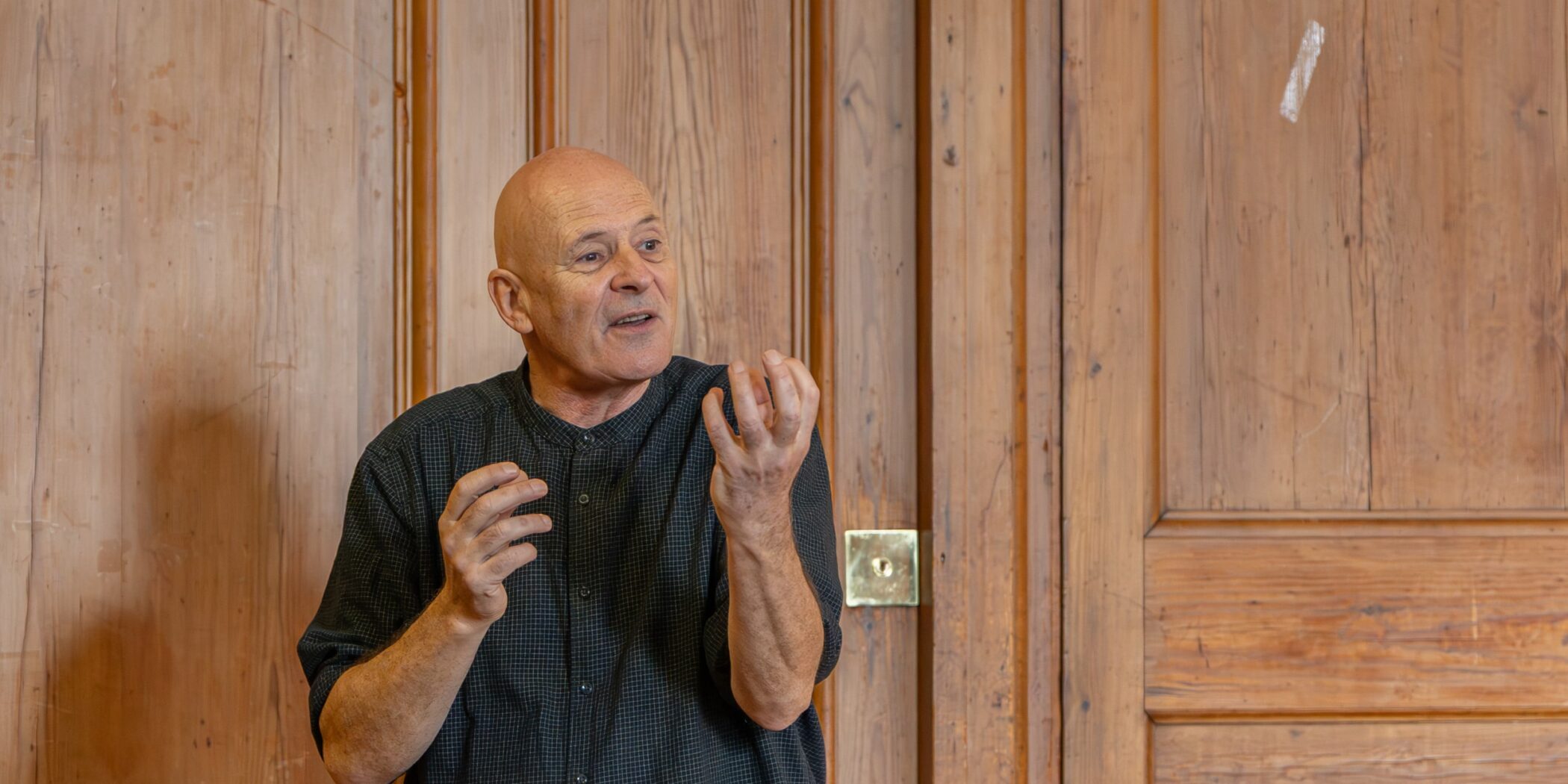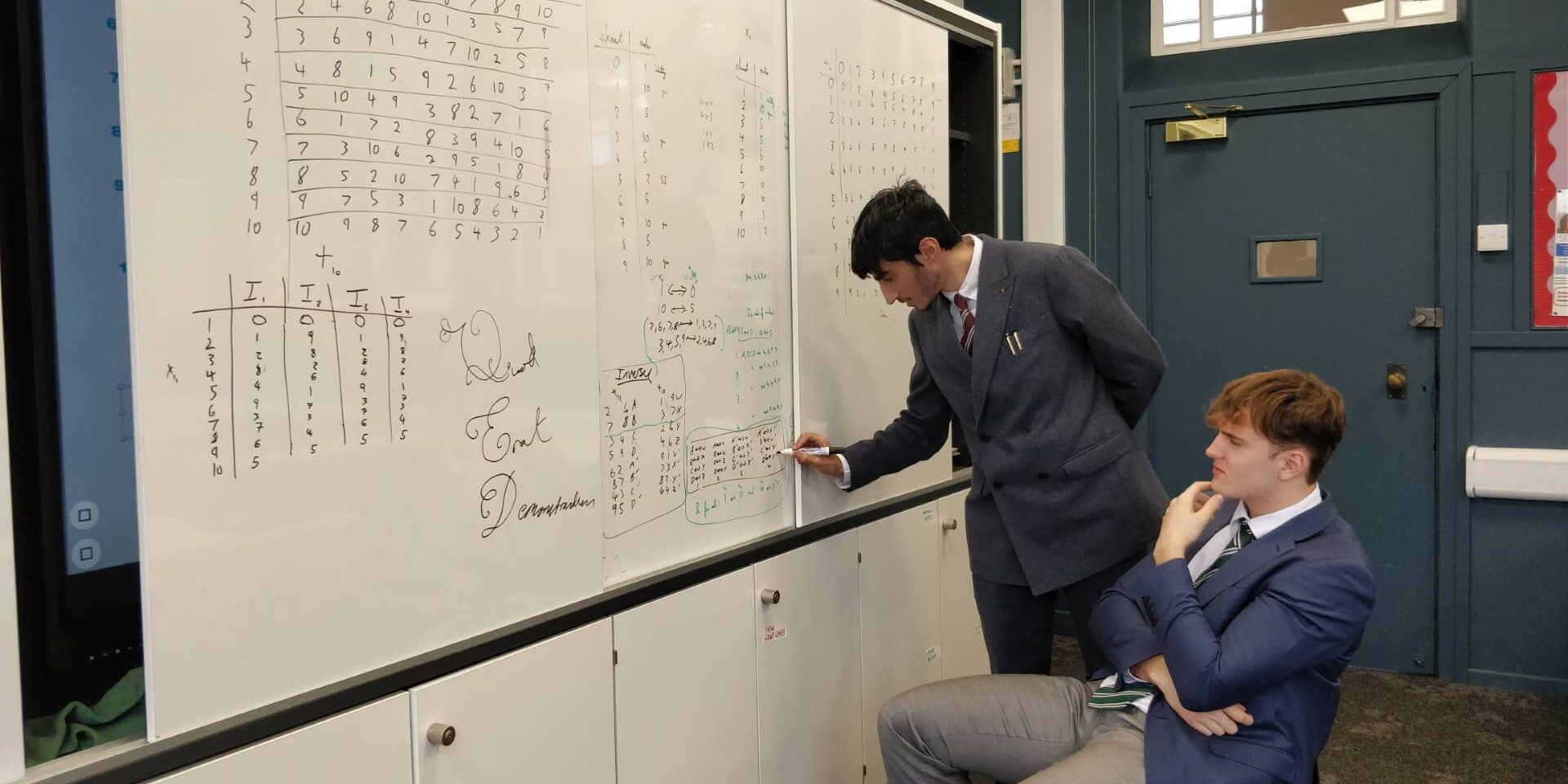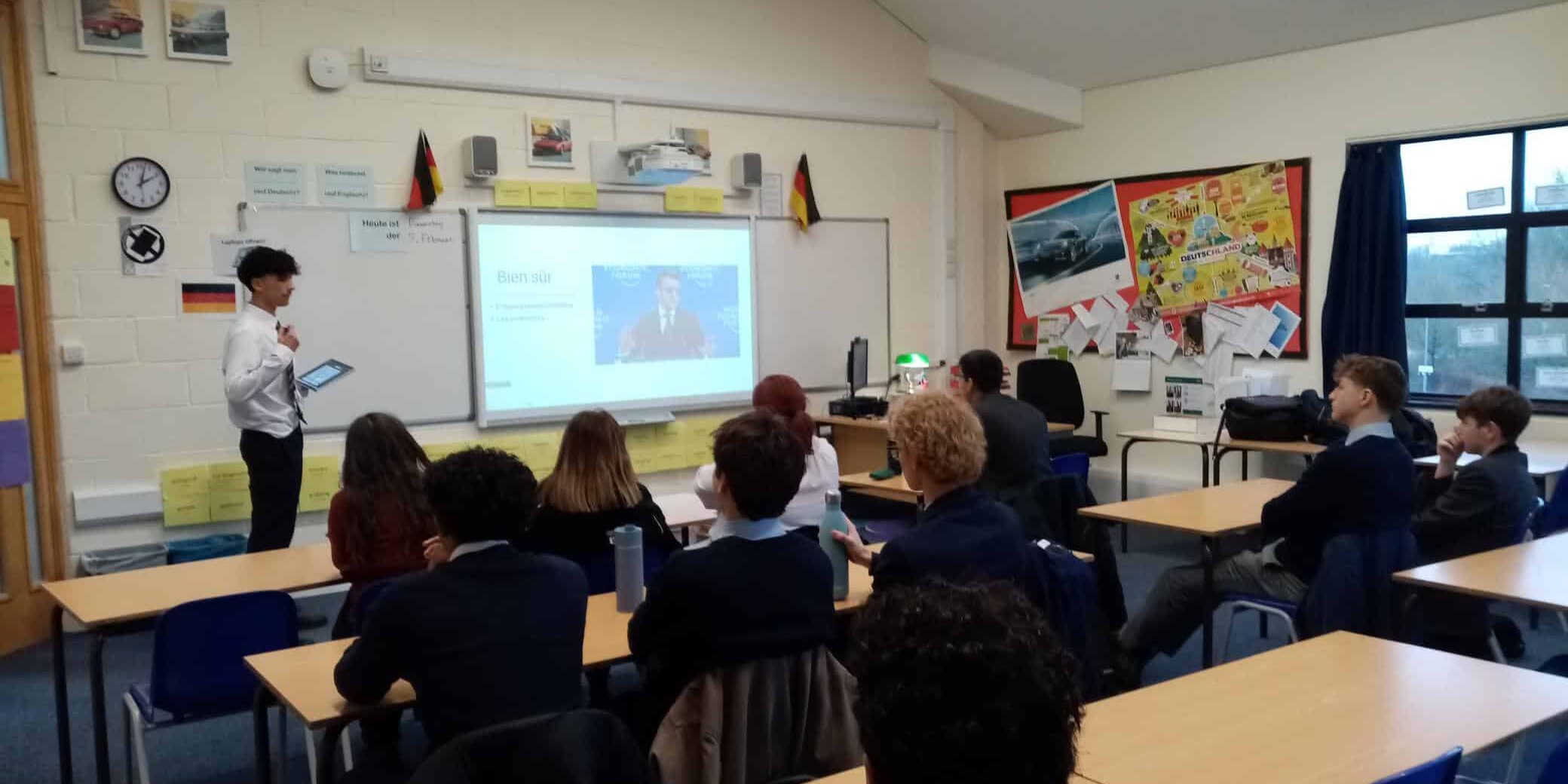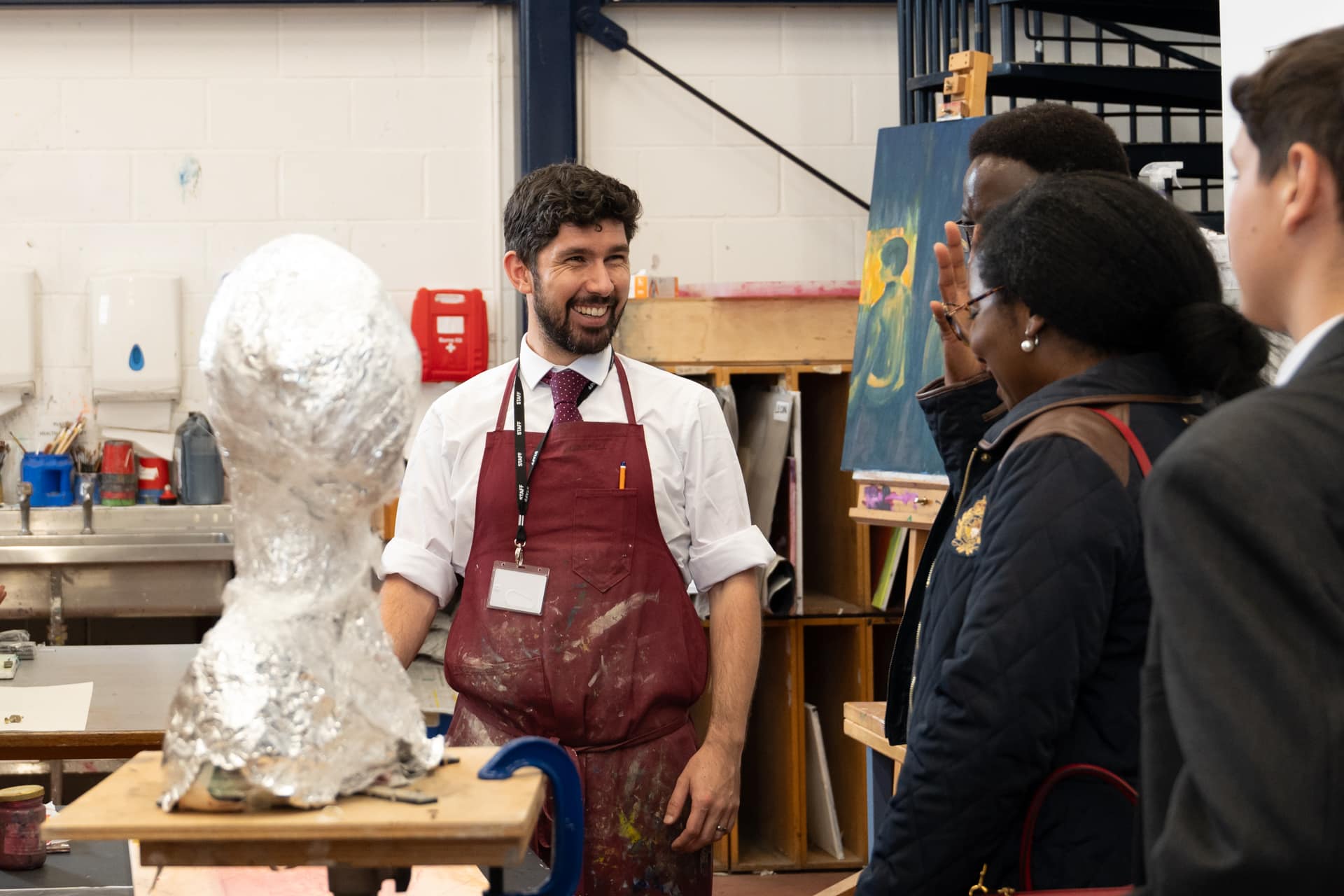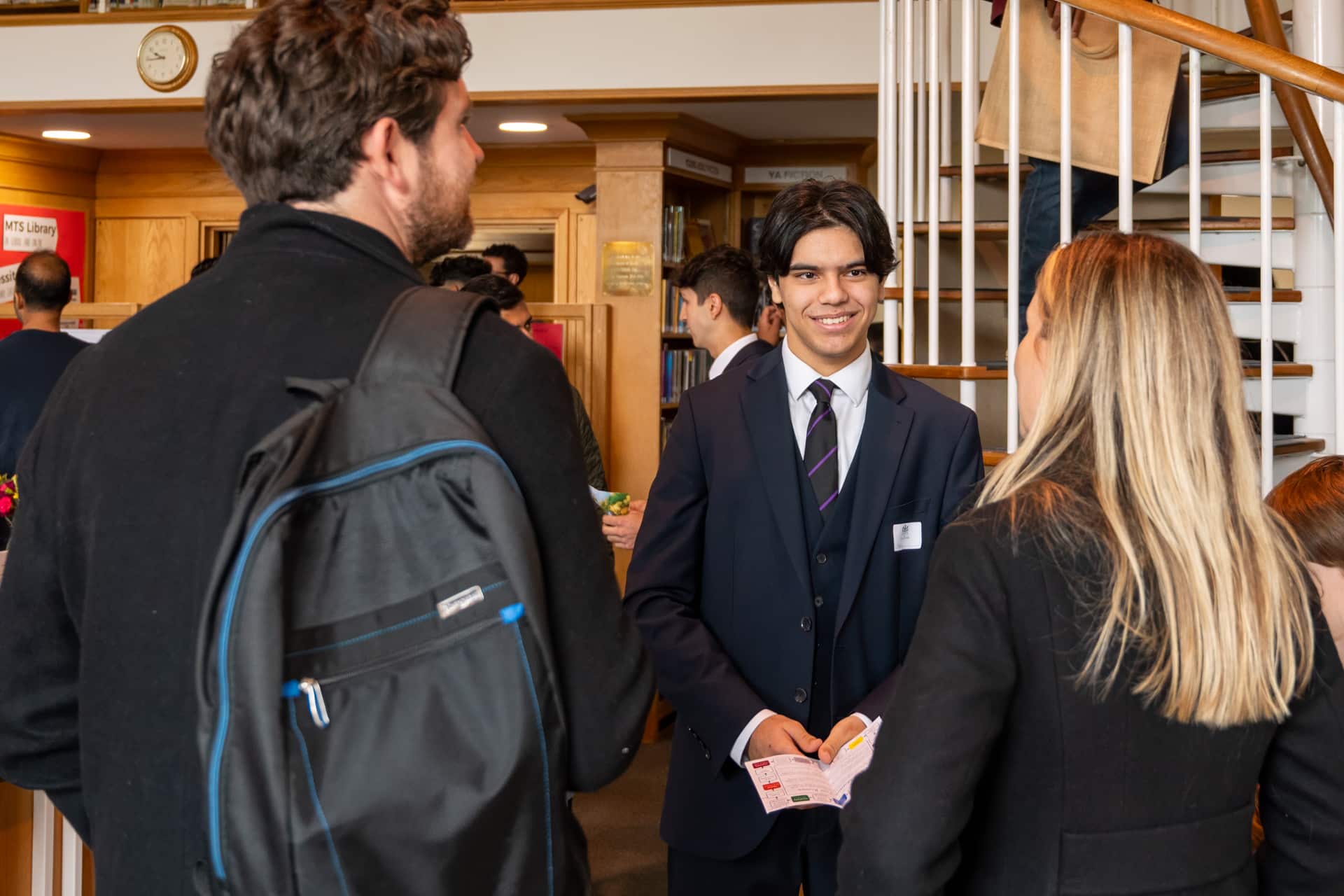The Talk Education team have a combined total of over 350 years’ experience researching, writing and editing schools reviews, as well as advising parents on their school choices, SEND needs and bursary and financial aid opportunities.
You can read their most recent review of Merchant Taylors’ School below or by visiting the Talk Education Website.
Our View of Merchant Taylors’ School
An all-boys school that has an atmosphere that’s calm, not hectic, with pupils who are caring and not macho, Merchant Taylors’ confounds stereotypes. With a head who promotes asking the big questions such as ‘What is it to be human?’, the school offers so much more than the stellar academics and world-class facilities it’s renowned for. As the head says, ‘Humans are a musical, running, communicative, social, sophisticated, cultured, conceptually thinking, competitive, featherless biped,’ and this school makes sure it’s always got that 360-degree vision in mind.
It is genuinely hard to believe that this huge, 280-acre campus is only 30 minutes from central London. The vast expanse of playing fields and its own lake give it a very country feel – and yet it is most definitely a London school.
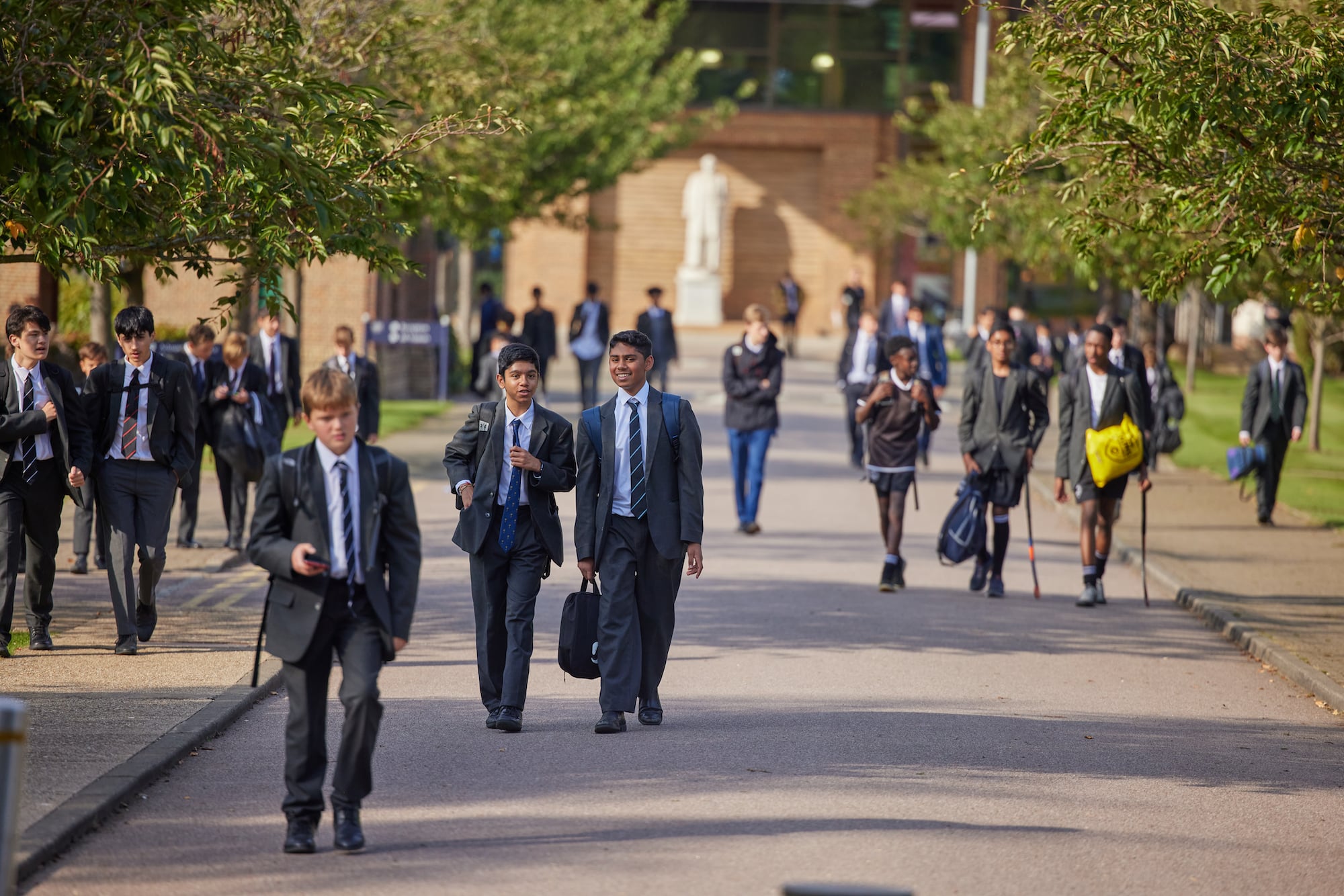
Founded in the City of London in 1561 by the Worshipful Company of Merchants, Merchant Taylors’ School relocated in 1933 to its present location and the original purpose-built art deco architecture has been enhanced over the years by expertly integrated contemporary buildings, including the jaw-droppingly impressive Design, Engineering & Technology Centre and the brand-new Julian Hill Cricket Centre (named after a former pupil who left the school £1m in his will), which officially opened in April and is already hosting professional Middlesex players.
The school is easily reached by public transport (it’s a stone’s throw from Moor Park Tube station on the Metropolitan Line) and there’s a network of coach routes, which cover everywhere from Ealing to St Albans.
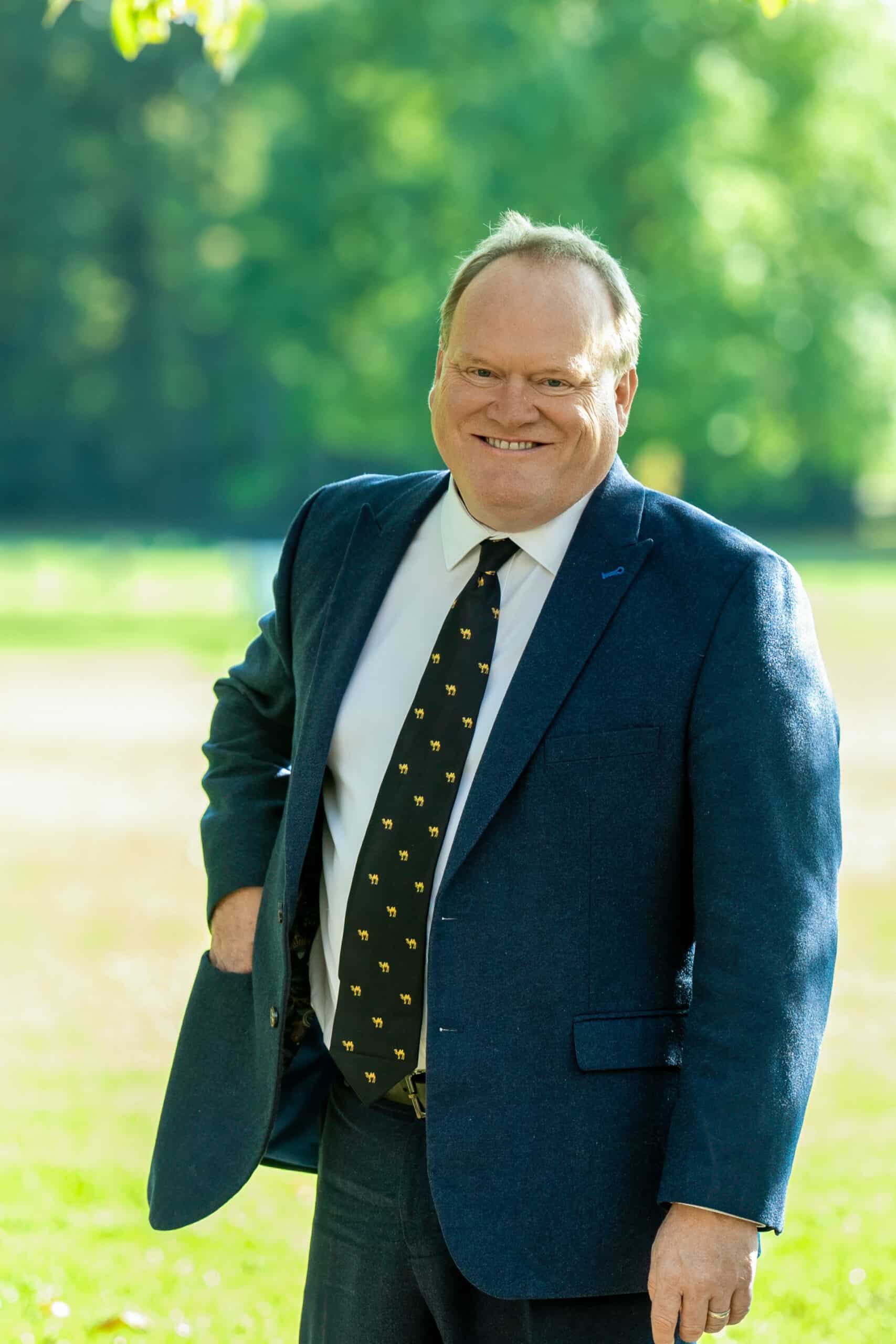
School Headmaster
Simon Everson is at the helm of Merchant Taylors’ School, having moved from Skinners’ School in Tunbridge Wells in 2013. Sharp and articulate, he is passionate about treating every boy as an individual and drawing out not only academic success but the very best of everything else they have inside them. He says that pupils need to be interested and interesting, amusing yet easily amused and continuously encouraged to exercise their full potential. He’s very aware that the boys at school now may end up working in roles we haven’t even dreamed of yet.
Mr Everson is a big presence; he’s very approachable and clearly liked by pupils and staff, thanks no doubt to his inspiring vision. He believes in helping pupils become collaborators in their own education, encouraging them to become innovators and continuous learners. Pupils are like seeds who mature in the soil of the Merchant Taylors’ environment, he tells us, and he’s there to motivate every individual to keep striving and never get complacent. Building and sustaining their natural curiosity is at the root of pupils’ education, a model that he believes will serve them well in adult life. A real future thinker, he’s quick to adopt new technology and is embracing the possibilities of AI, seeing its potential to enhance learning and pastoral care.
Merchant Taylors’ School admissions process
Traditionally, Merchant Taylors’ two main entrance points were at 11+ and 13+, but there’s change afoot. In response to growing demand from families seeking Year 7 places, from September 2025 the school will no longer offer places at 13+. Instead, there will be 140 places up for grabs at 11+.
Entrants come from a spread of local prep schools and state primaries. At 11+, around 450 boys sit papers in maths and English, plus a general paper set by the school (every year it is new and un-tutorable – it aims to find the those who demonstrate real and different potential). Boys moving up from Merchant Taylors’ Prep don’t sit the entrance exams – instead, their academic performance in Years 5 and 6 is taken into account.
At 16+, entrants take exams in four A-level subjects and offers are conditional on GCSE results.
Scholarships are available at all entry points, as are 100 per cent means-tested bursaries.



